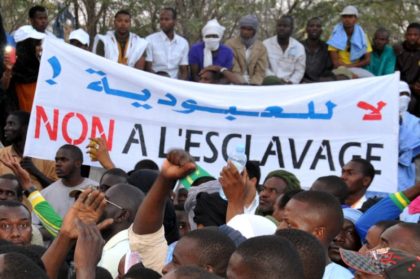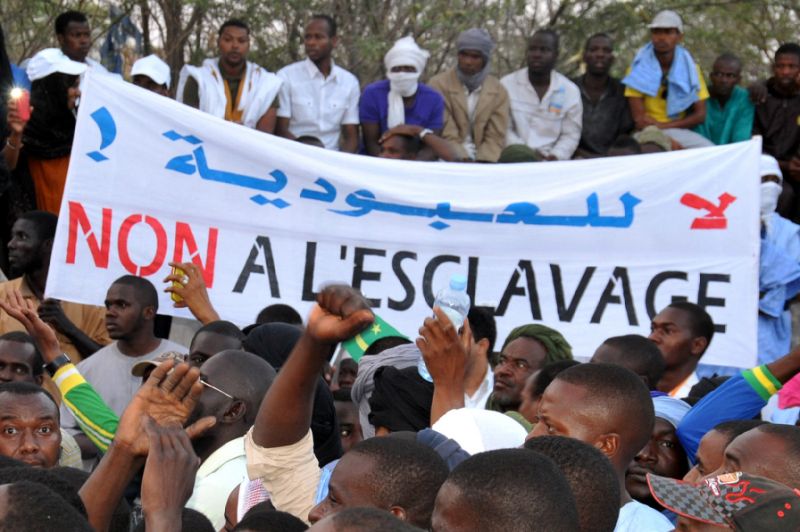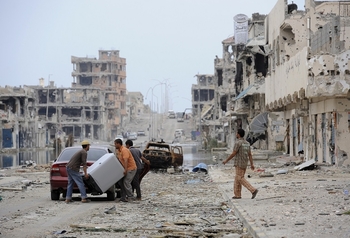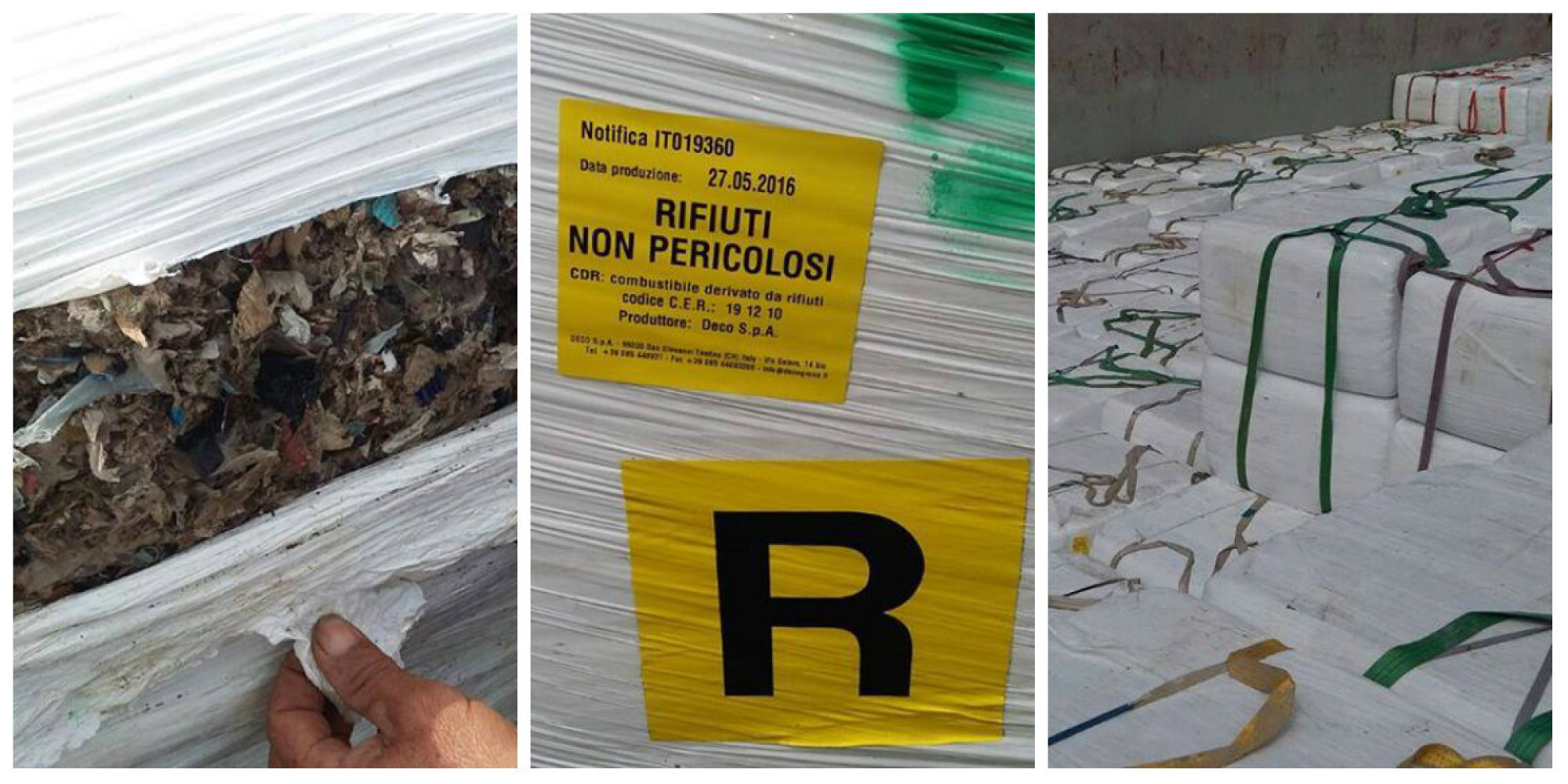 Mauritanian authorities arrested last Sunday scores of anti-slavery activists on the backdrop of riots and clashes last week with security forces in Nouakchott.
Mauritanian authorities arrested last Sunday scores of anti-slavery activists on the backdrop of riots and clashes last week with security forces in Nouakchott.
The riots started when security forces stormed slump dwellings occupied for decades by the Haratin ethnic group, many of them former slaves.
The authorities accused the members of the Initiative for the Resurgence of the Abolitionist Movement (IRA) of instigating the riots ending with the arrest of senior leaders of the anti-slavery movement. The whereabouts of the arrested remain unknown.
Amnesty International has called on Mauritanian authorities to release immediately the members of the anti-slavery NGO.
“Mauritania must immediately and without precondition free the anti-slavery militants and cease to constantly subjecting them to harassment and intimidation,” Gaëtan Mootoo, researcher at the London-based human right organisation’s West African office said.
These massive arrests came at a context when Mauritanian slavery abolitionists are staging an international awareness raising campaigning to shed light on the ordeal of the enslaved Haratin.
Soon after their liberation on May 17, IRA President and Vice President, Birame Dah Abeid and Brahim Bilal Ramadan respectively, went on a tour in the US after spending 19 months in a Mauritanian prison. During their visit to the US the two anti-slavery activists received the Hero Award from United States Secretary of State John Kerry on June 30 at the US State Department in Washington D.C.
This distinction adds to the IRA international recognition. In early June 2016, IRA received the James Lawson prize for Non-Violent Conflict from Tufts University. The United Nations honored Mr. Abeid in 2013 with the U.N. Human Rights Prize. Mr. Abeid also won the Frontline Defenders prize in human rights.
IRA is the largest anti-slavery organization in Mauritania, with members throughout the country who regularly mobilize to protest slavery and state endorsed discrimination based on race, caste and gender.
Mauritania was the last country in the world to abolish slavery in 1981 and it was not until 2007 when it passed a law that criminalized the act of owning another person. Yet, enslavement continues to be practiced with estimates of enslaved people ranging from 10% to 20% of Mauritania’s 3.4 million.



